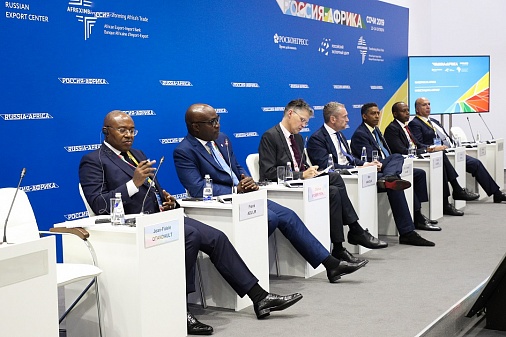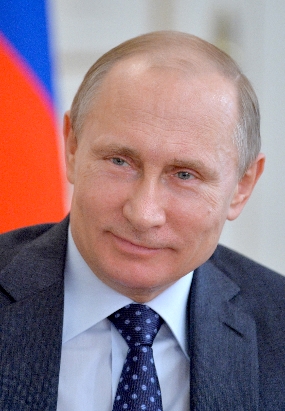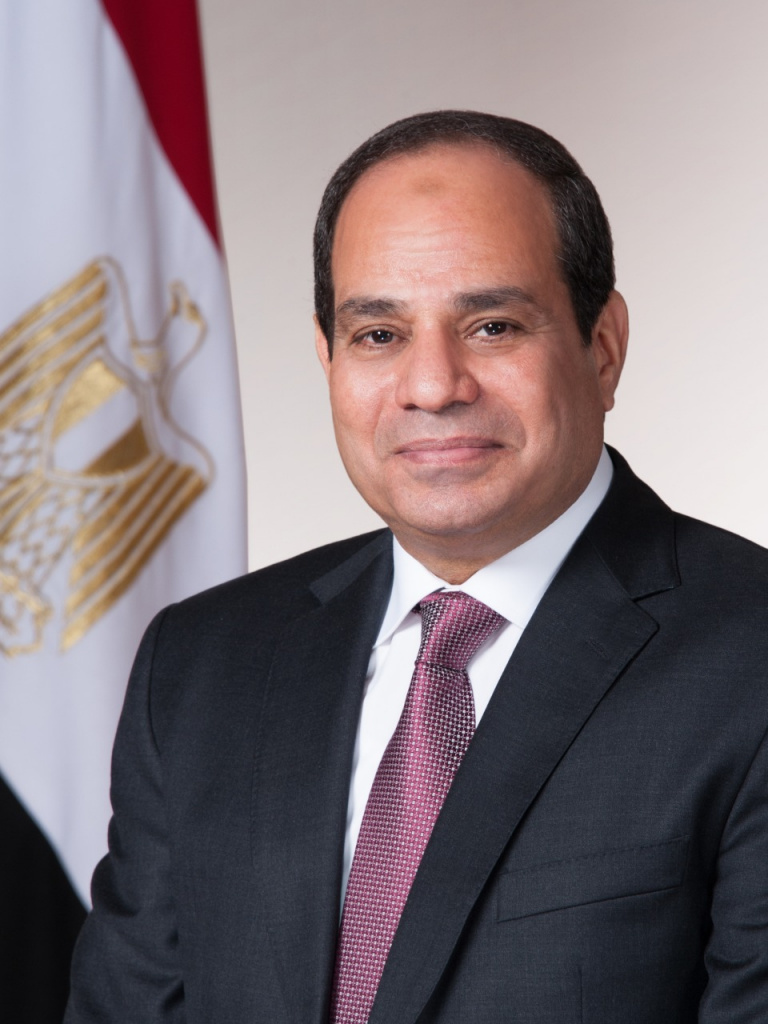Investing in Africa

KEY CONCLUSIONS
African countries are trying to escape the commodity dependency
“We do possess oil deposits, but I believe Ghana should take a different path. We are not betting everything on commodities <…> Added value is indeed extremely important. Minerals that are so abundant in Africa, is it a blessing or a curse? <…> All African countries that are rich in commodities have suffered or have been manipulated,” – Frank Adu Jr, Chief Executive Officer, Managing Director, CalBank Limited.
“Today, Africa is moving away from commodity dependency, much like India or China did recently. The reason is the population growth. Most African countries have an annual population growth of 2–4%. <…> If we look at the GDP per capita <…> if you want to get rich, it has to grow at 3–5%. We want to accomplish that through industrialization,” – Charles Robertson, Global Chief Economist, Renaissance Capital.
“We are working in the consumer segment of the Internet <…> we started in South Africa and grew into an international organization worth approximately USD 110 billion <…> Russia is one of our top 3 markets,” – Bob van Dijk, Group Chief Executive Officer, Naspers.
Africa is interested in Russian investors
“I encourage our Russian partners to set their sights on Gabon. Gabon is a very stable country,” – Jean-Fidele Otandault, Minister of Investment Promotion, Public and Private Partnership, Responsible for Improving the Business Climate of the Gabonese Republic.
“We have an entire ministry dedicated to private-public partnerships for the projects worth over 200 billion <…> And I would like to invite Russian investors to join,” – Jean-Fidele Otandault, Minister of Investment Promotion, Public and Private Partnership, Responsible for Improving the Business Climate of the Gabonese Republic.
“We need to attract Russian organizations that are yet to take part in such transactions,” – Ahmed Heikal, Founder, Chairman of the Executive Board, Qalaa Holdings.
“Right now, we are looking for international investors,” – Francis Gatare, Chief Executive Officer, Rwanda Mines, Petroleum and Gas Board.
PROBLEMS
Investments in Africa are considered very risky
“Africa is still considered to be a very risky place. This needs to change. Africa must be defined as a place of possibility and business <…> Discussing the risks is very important. How do we diminish the risks and guarantee comfort for our investors,” – Monica Juma, Cabinet Secretary, Ministry of Foreign Affairs and International Trade of the Republic of Kenya.
Rapid population growth in Africa
“These countries can not get wealthy because there are too many people <…> For instance, Algeria produces lots of barrels of oil, yet it translates into 9 barrels per 1000 capita, or just USD 1.75 per week. <..> In Gabon it is 93 barrels per 1000 capita. <…> Equatorial Guinea has 200 barrels per 1000 capita,” – Charles Robertson, Global Chief Economist, Renaissance Capital.
“This year, we received the results of a survey: if there are a lot of children, there is little money in the country. If there are 2–3 children in the family, you can save money, put it in a bank, and then banks can give out credit. <…> In Nigeria, Kongo or Angola families have 5–6 children, so the banking system there is smaller,” – Charles Robertson, Global Chief Economist, Renaissance Capital.
SOLUTIONS
Creating favorable investment conditions
“We have been diversifying the economy since 2009. We were quick to understand that the we needed investments. Thus, we created a special zone to attract foreign investors. Our goal was not just export, for instance, timber, but to create added value and through it attract investors,” – Jean-Fidele Otandault, Minister of Investment Promotion, Public and Private Partnership, Responsible for Improving the Business Climate of the Gabonese Republic.
“One of the key sources that allowed us to build an oil refinery was project financing that attracted USD 4.4 billion for us. Today, we produce petrol that complies with the European regulations. How did we get this kind of money? Through a regime that attracts international financial institutions and welcomes them into the country,” – Ahmed Heikal, Founder, Chairman of the Executive Board, Qalaa Holdings.
“In Ghana, it is far easier for the business sector to attract foreign investment than for the state. Why is that? Because the business sector is far more efficient, primarily in human resources and human capital,” – Frank Adu Jr, Chief Executive Officer, Managing Director, CalBank Limited.
Providing stability and predictability
“During the last 25 years, Rwanda conducted on all sorts of reforms to improve its political governance. We needed an efficient and accountable government <…> Our experience shows that when the residents of Rwanda saw security, when they saw stability, they started investing <…> And it became the foundation for the growth we have been demonstrating recently,” – Francis Gatare, Chief Executive Officer, Rwanda Mines, Petroleum and Gas Board.
“Stability is extremely important, it is a key aspect of developing investment and attracting the capital,” – Bob van Dijk, Group Chief Executive Officer, Naspers.
Making good use of the public-private partnership
“Until the end of the year we are going to pass a new private-public partnership legislature in the parliament. The Seychelles are waiting to start using PPP in building the social structure, as well as in other areas,” – H.E. Danny Faure, President of the Republic of Seychelles.
“PPP is very attractive from the fiscal point of view,” – Monica Juma, Cabinet Secretary, Ministry of Foreign Affairs and International Trade of the Republic of Kenya
For more information, visit the Roscongress Information and Analytical System at roscongress.org


